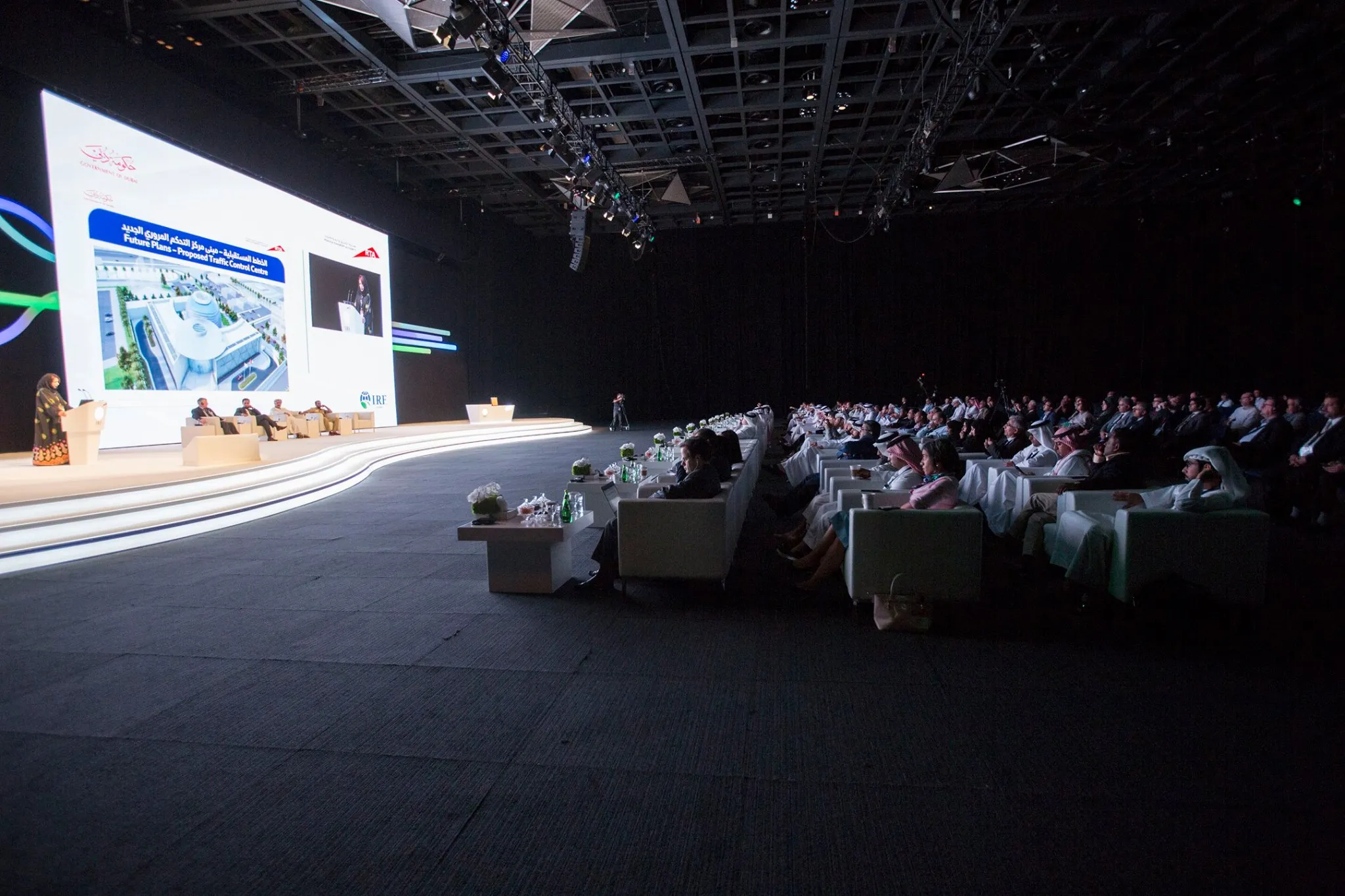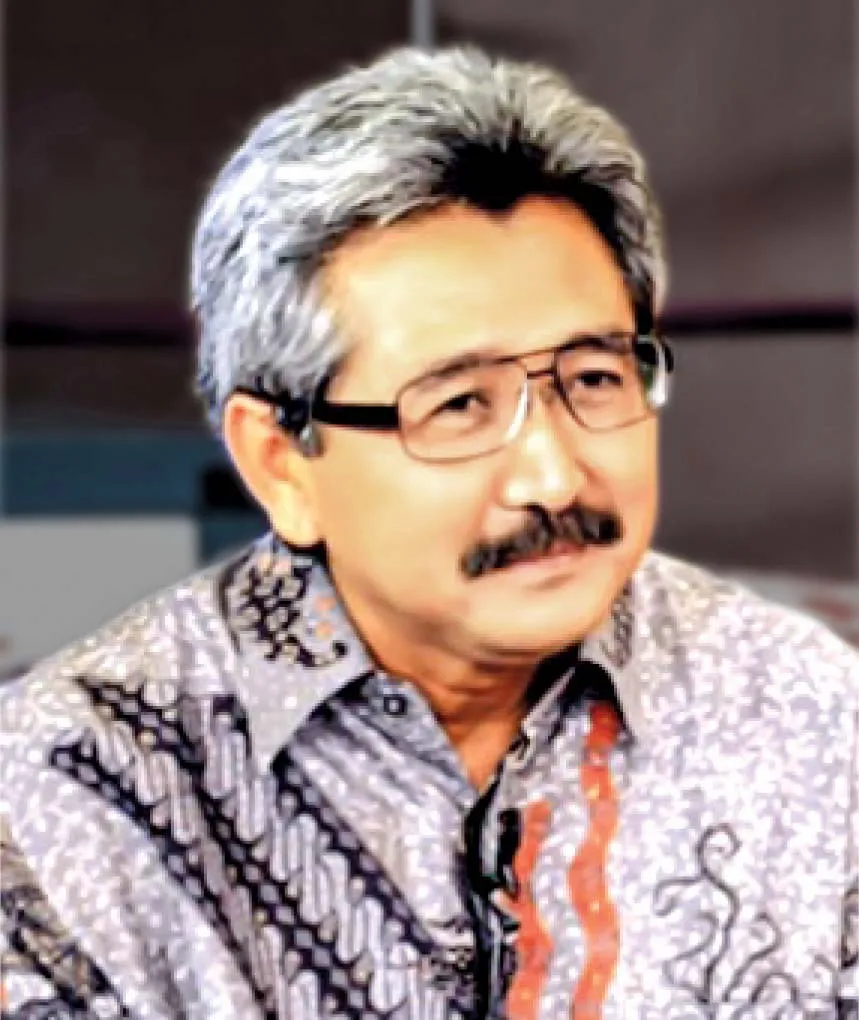
The highly successful
The premier road engineering and mobility event in 2017 came to a close with a renewed call for consensus-building and knowledge partnerships to address key sustainability and mobility challenges. More than 200 papers were presented by authors from 50 countries, representing an enormous body of knowledge for policymakers and transportation stakeholders to work with. The Congress was also characterised by an enhanced focus on Connected & Autonomous Vehicles whose emergence will continue impacting, challenging and inspiring the industry.
In her closing address, Eng Maitha bin Adai, CEO of the Traffic & Roads Agency, said, "The streets and highways we are building today are durable assets whose design characteristics will help shape tomorrow's mobility. Many innovative processes and technologies presented during the Congress show enormous potential for road agencies such as ourselves."
"As demand grows, it is our role to continue identifying models that reduce the footprint of the sector and prepare it for 21st century mobility," said C Patrick Sankey, IRF president & CEO. "This means greening our road networks, making them forgiving and self-explaining, more resilient to climate change, and readying our city streets for connected and autonomous vehicles."
IRF chairman Eng Abdullah Al-Mogbel noted, "These questions, and others, require a level of cross-industry consensus, and IRF is perfectly situated to address these key issues as one of only a few multi-stakeholder organisations capable of meeting the challenge."







